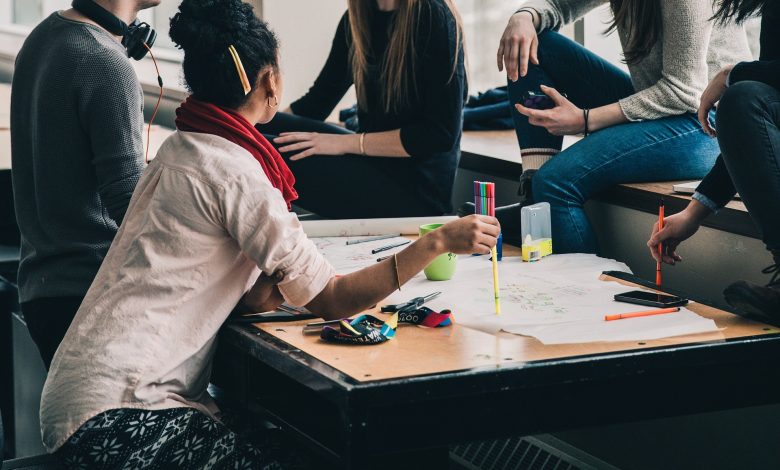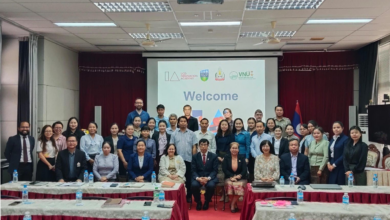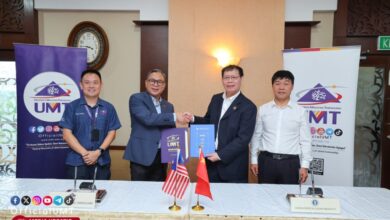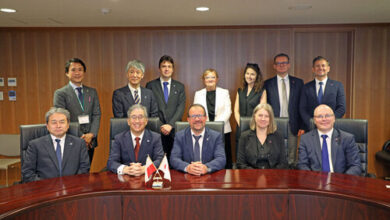UK, Indonesia partner on higher education to deal with ‘ridiculous cost’
The bilateral partnership will allow Indonesian students to obtain foreign degrees without leaving the country

JAKARTA – A bilateral partnership with the United Kingdom promises to let Indonesian students obtain foreign degrees without leaving the country.
In a bid to overcome the issue of prohibitively expensive quality education, the government has welcomed a delegation of UK universities for a collaborative program with local universities set to launch next year.
Represented by its international education champion Steve Smith, the UK government said the venture was aimed at bumping up student numbers going into both countries reciprocally.
“We can do so much more together. […] we can remove the barriers, encourage more inclusive and balanced partnership between the two [countries],” the professor said on Thursday.
There are approximately 605,000 international students studying in the UK, but only 3,400 of them are from Indonesia, and Smith said the yearly figure of Indonesian students enrolling in higher education in the UK had been consistent for many years.
In addition, there are 510,000 students worldwide studying for British degrees in their own countries through what is known as transnational education (TNE), which is an arrangement where an institution either sets up a campus abroad or partners with a local institution, so that local students can study in said establishment without actually having to travel to the country in which the awarding institution is based.
However, only 925 Indonesian students are studying at UK universities through TNE.
Both governments deem it worthwhile to increase that number, hence the partnership. Aside from Indonesia, the UK is also prioritizing India, Vietnam, Nigeria and Saudi Arabia in its efforts to export education.
“The five countries were chosen because we thought that was where we could make most advance in terms of collaborating in the future,” Smith told The Jakarta Post on Wednesday.
“We’re not interested particularly in simply getting Indonesian students to come to the UK, we’re much more interested in building capacity here, in partnership with local institutions, so that we can bring the quality of the UK education at a price point that doesn’t require people to travel to the UK,” he added.
Smith said campuses of the two countries were negotiating and establishing linkages for collaborative programs that would come on stream starting next year.
“In the next three or four years, there’ll be more Indonesian students studying for UK degrees. In Indonesia, there’ll be more UK students coming to Indonesia,” said the professor, adding that, “the key thing about it is, this will leave a legacy that lasts forever.”
The UK universities involved are Coventry University, De Montfort University, University of Dundee, University of East London, University of Exeter, University of Glasgow, University of Hull, King’s College London, Lancaster University, University of London, University of Sussex, University of Warwick and Goldsmiths, University of London.
On the Indonesian side, the institutions are Binus University, Prasetiya Mulya University, Mercu Buana University, Tarumanagara University, Indonesia Cyber Education Institute, MNC University, State University of Surabaya, Catholic University of Parahyangan, Universitas Pembangunan Jaya, Atma Jaya Catholic University, Atma Jaya University of Yogyakarta, Padjadjaran University, Gajah Mada University, IPMI International Business School, Pelita Harapan University, University of Indonesia, Indonesia International Institute for Life Sciences (i3L), Sepuluh Nopember Institute of Technology, Telkom University and Ciputra University of Surabaya.
To read more : Asia News Network




